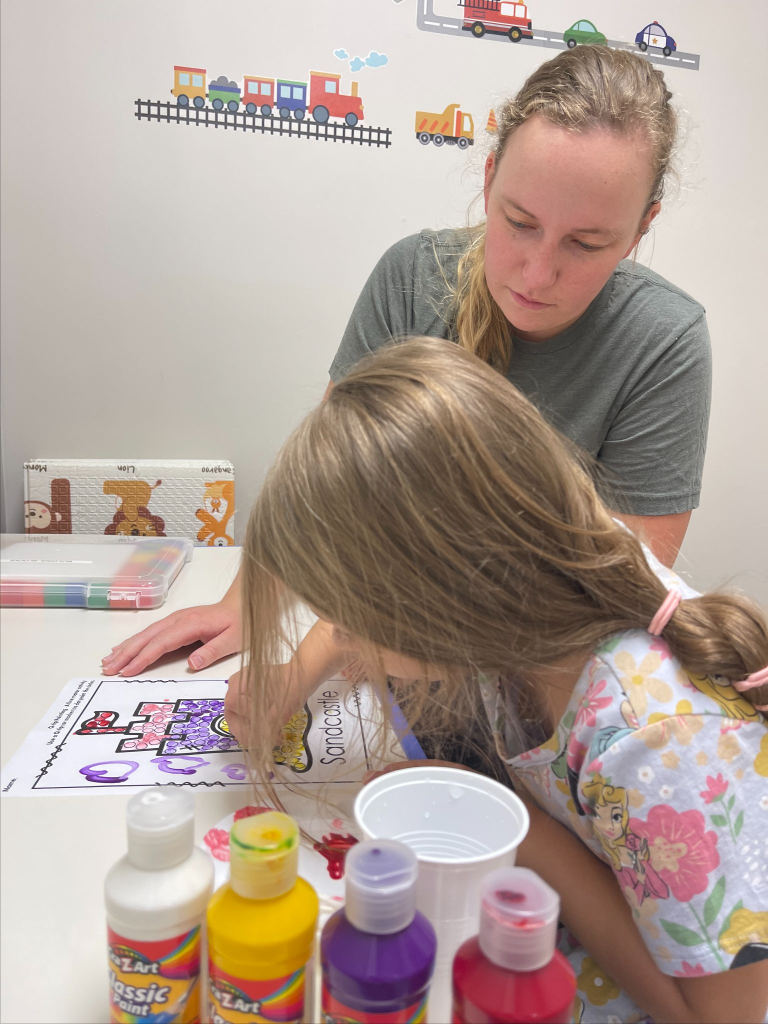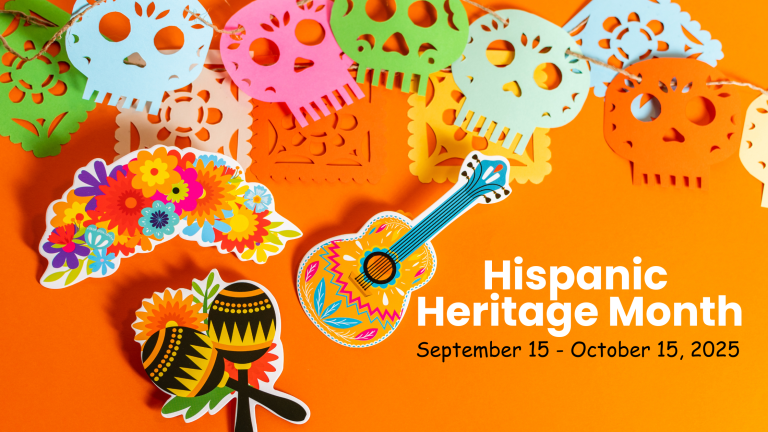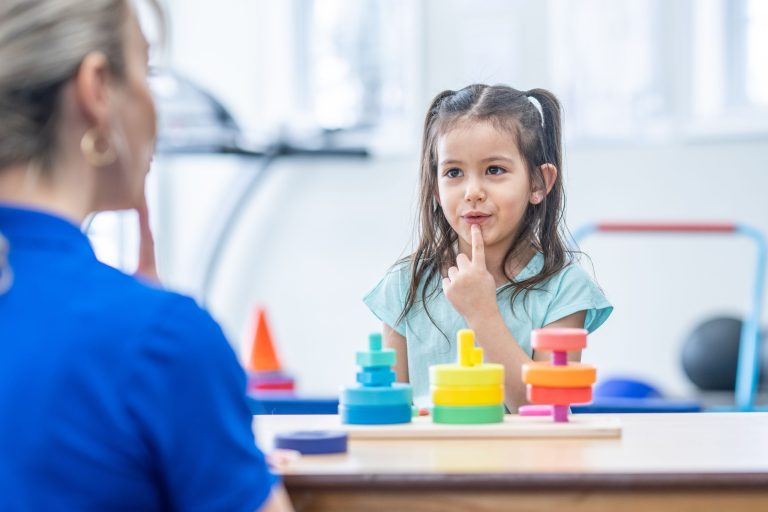
Watching your child grow and learn new skills is one of life’s greatest joys. From their first smile to their first steps, every milestone brings excitement and pride. But have you ever wondered about the building blocks that make these amazing moments possible? Motor skills are the foundation that supports your child’s journey toward independence and success.
Motor skills affect everything your child does – from picking up a crayon to riding a bike. When these skills develop smoothly, children gain confidence and explore their world with enthusiasm.
But when motor skills lag behind, it can impact learning, social interactions, and self-esteem. Understanding how motor skills work can help you support your child’s growth and recognize when they might need extra help.
Let’s explore why motor skills are so important and how you can help your child thrive at every stage of development.
What Are Motor Skills?
Motor skills are the movements your body makes to complete tasks. Think of them as your child’s toolkit for interacting with the world. These skills fall into two main categories: gross motor skills and fine motor skills.
- Gross motor skills involve large muscle groups and whole-body movements. These include walking, running, jumping, and climbing. When your child throws a ball or does a somersault, they’re using gross motor skills.
- Fine motor skills use smaller muscles, especially in the hands and fingers. These precise movements help with tasks like writing, buttoning clothes, and using scissors. Fine motor skills also include coordination between the eyes and hands.
Both types work together to help children master daily activities and build independence.
Why Motor Skills Are the Foundation of Child Development
Motor skills aren’t just about movement – they connect to every aspect of your child’s growth. f you’d like to dive deeper into why these skills matter, you can read more from this helpful article on Building Gross Motor Skills and Why It Matters. Here’s how these skills impact different areas of development:

Academic Success Starts with Movement
Before children can write letters or solve math problems, they need strong motor skills. Fine motor control helps kids hold pencils properly and form letters clearly. Gross motor skills support good posture and attention during classroom activities.
Research shows that children with well-developed motor skills often perform better in school. They can focus longer, complete tasks more easily, and feel confident tackling new challenges.
Social and Emotional Growth
Motor skills boost self-confidence in amazing ways. When children can keep up with playground games or complete art projects successfully, they feel proud and capable. This confidence carries over into social situations, helping kids make friends and try new activities.
Children with motor skill delays may feel frustrated or embarrassed when tasks seem harder for them than for their peers. Supporting motor development helps protect your child’s emotional wellbeing.
Daily Life Independence
Motor skills make everyday activities possible. Getting dressed, eating with utensils, brushing teeth, and packing a backpack all require coordination and control. As these skills improve, children become more independent and capable.
Brain Development Connection
Movement and thinking are closely linked in young brains. Physical activities help build neural pathways that support learning, memory, and problem-solving. When children move their bodies, they’re also strengthening their minds.
Motor Skill Milestones: What to Expect
Every child develops at their own pace, but general timelines can help you understand typical progress. Here are key milestones to watch for:
| Ages 2-3 Years Walks steadily and can run Climbs stairs with help Kicks a ball Stacks blocks Scribbles with crayons Turns pages in books | Ages 4-5 Years Hops on one foot Throws and catches balls with accuracy Rides a bike with training wheels Draws people with basic features Uses utensils properly Ties shoes with help |
| Ages 3-4 Years Pedals a tricycle Jumps with both feet Catches a large ball Uses scissors to cut paper Draws circles and crosses Builds towers with blocks | Ages 5-6 Years Skips smoothly Rides a bike without training wheels Plays organized sports Writes letters and numbers clearly Uses small tools like staplers Completes puzzles with many pieces |
Remember, children reach milestones at different times. Some may excel in one area while taking longer in another. This variation is completely normal.
Red Flags: When to Be Concerned
While development varies, some signs may indicate your child needs extra support. Watch for these potential concerns:

Gross Motor Red Flags
- Falls frequently or seems clumsy compared to peers
- Avoids physical activities or playground equipment
- Has trouble with stairs after age 3
- Can’t catch or throw a ball by age 5
- Seems much less coordinated than other children their age
Fine Motor Red Flags
- Difficulty holding crayons or pencils by age 4
- Trouble with buttons, zippers, or shoelaces well past typical ages
- Avoids activities like coloring, puzzles, or crafts
- Handwriting that’s very difficult to read by age 6
- Can’t use scissors effectively by age 5
General Concerns
- Significant delays in multiple areas
- Regression in previously mastered skills
- Extreme frustration with age-appropriate tasks
- Teacher or caregiver concerns about your child’s abilities
Trust your instincts as a parent. If something feels wrong, it’s worth discussing with your child’s doctor or a development specialist.
Supporting Your Child’s Motor Skill Development
The good news is that you can do many things at home to support your child’s motor skill growth. These activities are fun and easy to incorporate into daily life:
Boosting Gross Motor Skills
- Dance together: Put on music and move your bodies. Dancing improves coordination, balance, and rhythm.
- Playground time: Swings, slides, and climbing structures provide excellent gross motor practice.
- Ball games: Start with large, soft balls and progress to smaller ones as skills improve.
- Obstacle courses: Use pillows, chairs, and tape to create fun challenges in your living room.
- Nature walks: Hiking on uneven surfaces strengthens leg muscles and improves balance.
Strengthening Fine Motor Skills
- Play with playdough: Rolling, pinching, and molding clay builds hand strength and finger control.
- Arts and crafts: Coloring, cutting, and gluing develop precision and creativity.
- Building blocks: Legos and other construction toys improve hand-eye coordination.
- Cooking together: Measuring, stirring, and decorating foods provide great fine motor practice.
- Puzzles: Start with large pieces and work toward more complex challenges.
Daily Life Opportunities

- Let your child dress themselves, even if it takes longer
- Encourage independent eating with child-sized utensils
- Include them in household chores appropriate for their age
- Practice writing and drawing regularly
- Allow plenty of free play time for natural skill development
Creating a Supportive Environment
Your attitude and approach make a huge difference in your child’s motor skill development:
- Be patient: Skills take time to develop. Celebrate small improvements.
- Make it fun: Turn practice into games and enjoyable activities.
- Provide the right tools: Child-sized scissors, thick crayons, and appropriate balls make tasks easier.
- Offer gentle guidance: Show your child techniques, but let them practice independently.
- Focus on effort: Praise your child for trying, not just for perfect results.
Professional Support Makes a Difference
Sometimes children need extra help to reach their full potential. Occupational therapists and physical therapists specialize in helping kids develop motor skills through targeted activities and exercises.
Professional therapy can help if your child:
- Shows significant delays compared to peers
- Struggles with daily activities despite practice at home
- Expresses frustration or avoids motor skill activities
- Has been diagnosed with conditions that affect development
Early intervention often leads to better outcomes. The sooner children receive support, the more progress they can make.
Taking the Next Step

Your child’s motor skill development is a journey filled with exciting milestones and achievements. By understanding the importance of these skills and providing supportive opportunities at home, you’re giving your child the foundation they need to succeed.
If you have concerns about your child’s motor skills or want to ensure they’re reaching their full potential, professional guidance can make all the difference. At Therapy Smarts, our experienced team understands that every child is unique. We create personalized therapy plans that help children build confidence while developing essential motor skills.
Don’t wait if you notice signs of concern. Early support can transform your child’s development and set them up for lifelong success. Our caring therapists work closely with families to create positive, engaging experiences that make therapy feel like play.
Ready to give your child the support they deserve? Contact Therapy Smarts today to schedule a consultation. Together, we can help your child build the motor skills they need to thrive in school, at play, and in life.
Your child’s bright future starts with strong foundations – and we’re here to help build them.






